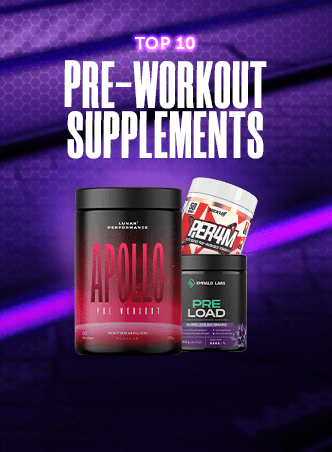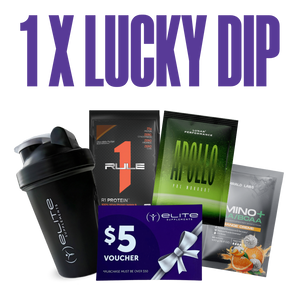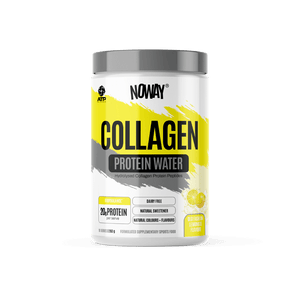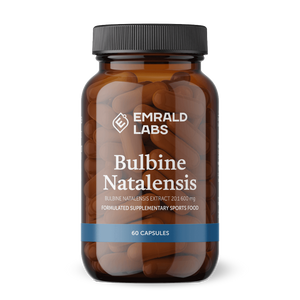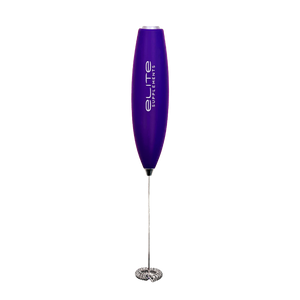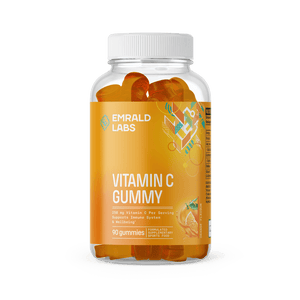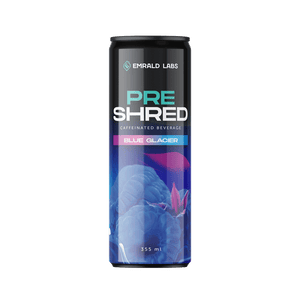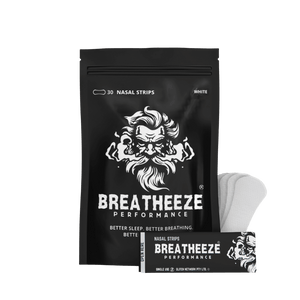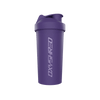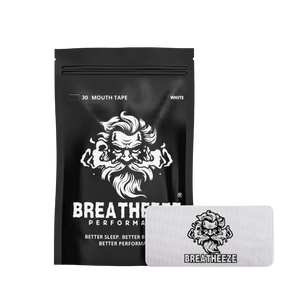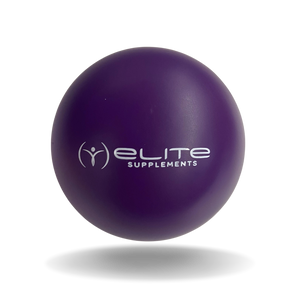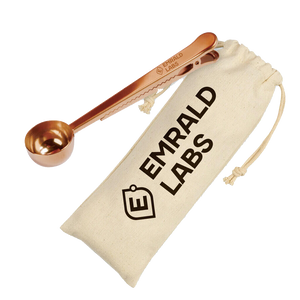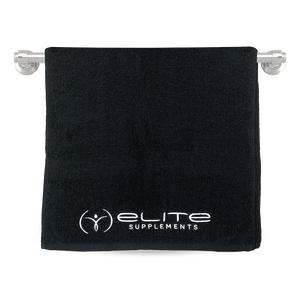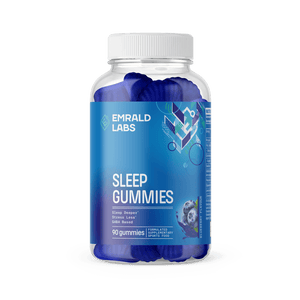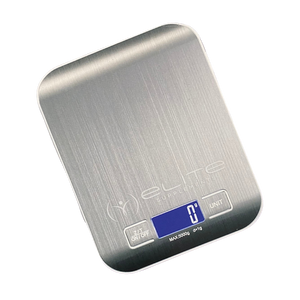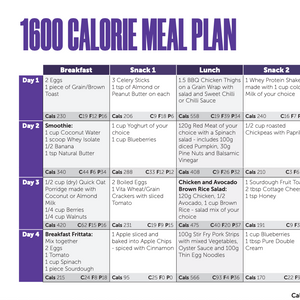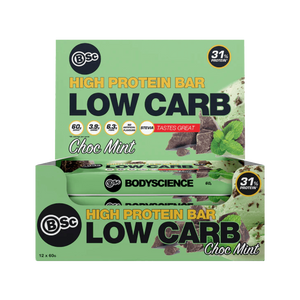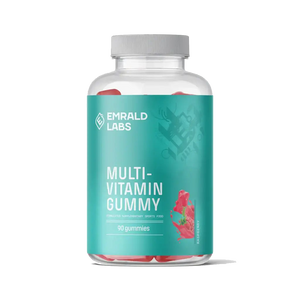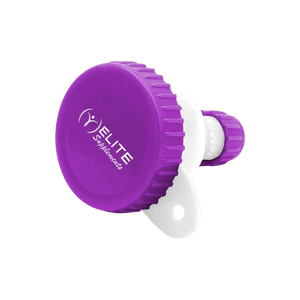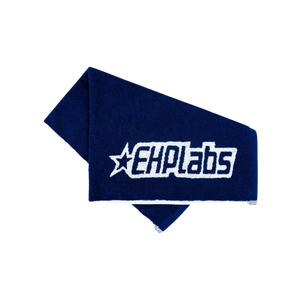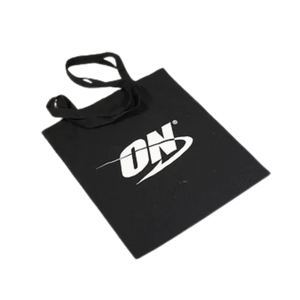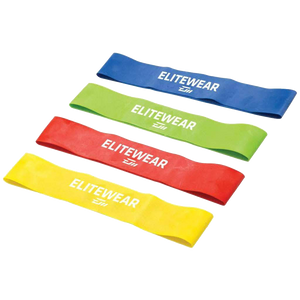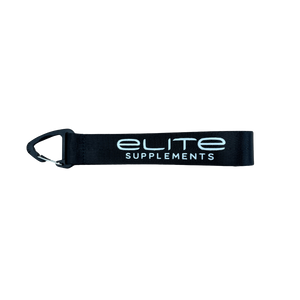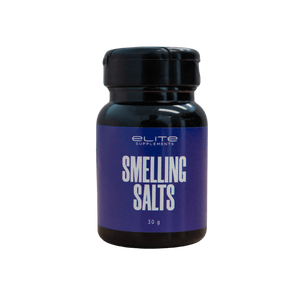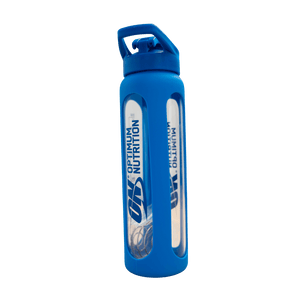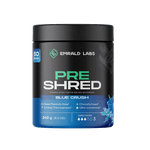
Collection: Creatine Monohydrate
Creatine Monohydrate Supplements
Creatine monohydrate is a supplement that is scientifically proven to enhance muscular strength and endurance during exercise sets lasting less than 3 minutes (1, 2). Over 700 human studies have been conducted to investigate the safety and efficacy of creatine, making it the most heavily researched supplement for muscle strength available.
What is creatine monohydrate?
Creatine monohydrate is an amino acid which is found naturally in muscle cells. Creatine can be found in food sources such as beef and salmon, however, creatine powder supplements allow for a convenient source and higher dose. For example, in order to get the equivalent dose of 1 tsp of creatine monohydrate powder from food, you would have to eat 1 kilogram of raw beef! Furthermore, food sources of creatine lose most of their creatine content during cooking as the cooking of the meat will denature the creatine protein. In essence, a convenient cost effective source of creatine can be found in supplements.
How does creatine monohydrate work?
Creatine monohydrate works by increasing energy availability during short bursts of activity. Creatine monohydrate works by replenishing ATP, which is the main energy currency of the human body. By ensuring creatine stores are saturated, this means more energy is available to you while you are working through a set of bench press or squats. Creatine has been shown to increase maximal muscle strength and power by 5 to 15% (3).
Essentially, creatine supplementation allows you to push out more reps and more weight when in the gym. Just one week of creatine supplementation can enhance muscle performance (4).
Creatine can also assist with body composition and increasing muscle size due to the hypertrophy of the muscles. It is important to note that this is a flow on effect from training hard in the gym with progressive overload and effective programming.
There is now early research showing potential benefits to cognitive health with creatine supplementation. Currently there is evidence to show that creatine supplementation may improve short term memory (5).
How much creatine should I take?
In order to reap the maximum benefit of creatine, your body needs to reach “saturation” of creatine. To reach saturation within a week, it is recommended to take 30g of creatine daily for 7 days, then maintain saturation with 5g daily. You may also simply take 5g daily, and thereby reach saturation in approximately a month (6).
Do I need to cycle creatine?
Unlike caffeine, there is no evidence to show that the body develops a tolerance to creatine. Therefore there is no need to cycle on and off creatine. To maximize the effectiveness of creatine, it is recommended to take 5g daily.
What are the side effects of creatine?
Research has shown extremely low risk of side effects when taking creatine(reference?). A systematic review and meta analysis showed that creatine supplementation does not induce renal damage (7, 8).
Will creatine make me gain weight?
There are many factors involved with weight fluctuations, therefore it cannot conclusively be said if creatine supplementation will make you gain or lose weight. However, creatine supplementation may improve physique appearance and body composition due to two mechanisms. First, creatine supplementation can increase muscle size by assisting with hypertrophy (growing the muscle) and with cellular swelling. Creatine causes cells to swell as it pulls water into the cell when it is absorbed. This makes muscles appear more full and bubbly! These factors may increase the weight on the scale, but not because creatine is causing body fat gain. Second, increasing muscle size and strength may increase basal metabolic rate, allowing the body to burn more calories at rest by simply existing. This may cause the scales to fall, as your body is more efficiently burning calories. The combination of these mechanisms can assist with building the appearance of a more favourable physique.
What is the best creatine monohydrate?
With so many creatine supplements available in the market, it’s important to take a high quality and reputable source.
FAQ
References
1: Creatine Supplementation and Lower Limb Strength Performance: A Systematic Review and Meta-Analyses. Charlotte Lanhers, Bruno Pereira, Geraldine Naughton, Marion Trousselard, François-Xavier Lesage & Frédéric Dutheil Sports Medicine volume 45, pages1285–1294 (2015). https://link.springer.com/article/10.1007/s40279-015-0337-4
2: Creatine Supplementation and Upper Limb Strength Performance: A Systematic Review and Meta-Analysis. Charlotte Lanhers, Bruno Pereira, Geraldine Naughton, Marion Trousselard, François-Xavier Lesage & Frédéric Dutheil Sports Medicine volume 47, pages163–173 (2017). https://link.springer.com/article/10.1007/s40279-016-0571-4
3: Effects of creatine supplementation on performance and training adaptations. Richard B Kreider PMID: 12701815https://pubmed.ncbi.nlm.nih.gov/12701815/
4: Creatine supplementation enhances muscular performance during high-intensity resistance exercise, J S Volek 1, W J Kraemer, J A Bush, M Boetes, T Incledon, K L Clark, J M Lynch Affiliations expand, PMID: 9216554 DOI: 10.1016/S0002-8223(97)00189-2 https://pubmed.ncbi.nlm.nih.gov/9216554/
5: Effects of creatine supplementation on cognitive function of healthy individuals: A systematic review of randomized controlled trials. Author links open overlay panel Konstantinos I.AvgerinosabNikolaosSpyrouacKonstantinos I.BougioukasbDimitriosKapogiannisd https://www.sciencedirect.com/science/article/abs/pii/S0531556518300263
6: International Society of Sports Nutrition position stand: safety and efficacy of creatine supplementation in exercise, sport, and medicine Richard B Kreider 1, Douglas S Kalman 2, Jose Antonio 3, Tim N Ziegenfuss 4, Robert Wildman 5, Rick Collins 6, Darren G Candow 7, Susan M Kleiner 8, Anthony L Almada 9, Hector L Lopez 4 10 PMID: 28615996 PMCID: PMC5469049 DOI: 10.1186/s12970-017-0173-zhttps://pubmed.ncbi.nlm.nih.gov/28615996/
7: Effects of Creatine Supplementation on Renal Function: A Systematic Review and Meta-Analysis. Alexandrede Souza e SilvaPhD∗AdrianaPertillePhD†Carolina GabrielaReis BarbosaMSc†JasieleAparecida de Oliveira SilvaMSc∗‡Diego Vilelade JesusPE∗Anna Gabriela Silva VilelaRibeiroMSc†Ronaldo JúlioBaganhaPhD∗José Jonasde OliveiraMSc∗† https://www.sciencedirect.com/science/article/abs/pii/S1051227619302286
8: Long-term creatine supplementation does not significantly affect clinical markers of health in athletes. March 2003Molecular and Cellular Biochemistry 244(1-2):95-104, DOI:10.1023/A:1022469320296, https://www.researchgate.net/publication/10798700_Long-term_creatine_supplementation_does_not_significantly_affect_clinical_markers_of_health_in_athletes


